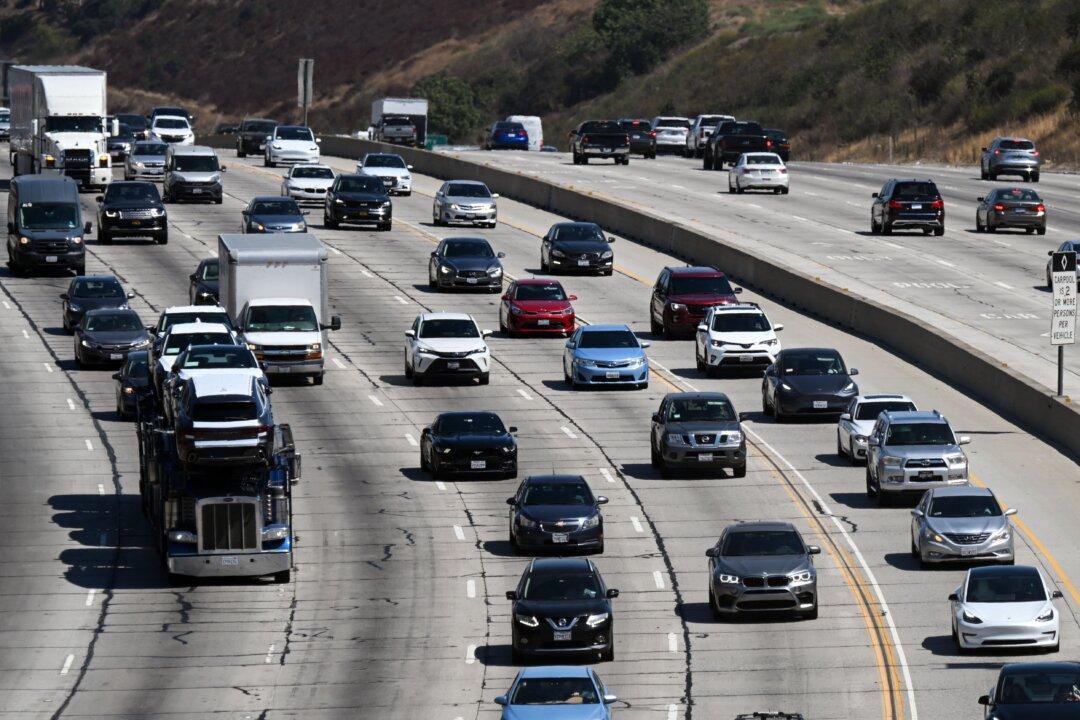The U.S. National Highway Traffic Safety Administration (NHTSA) announced it has taken the first step in requiring that anti-drunk driving technology be installed in all new passenger vehicles to curb drunk-driving crashes.
The NHTSA issued an Advance Notice of Proposed Rulemaking on Dec. 12, which it said will lay the groundwork for making “potential alcohol-impairment detection technology” standards in all new vehicles.





